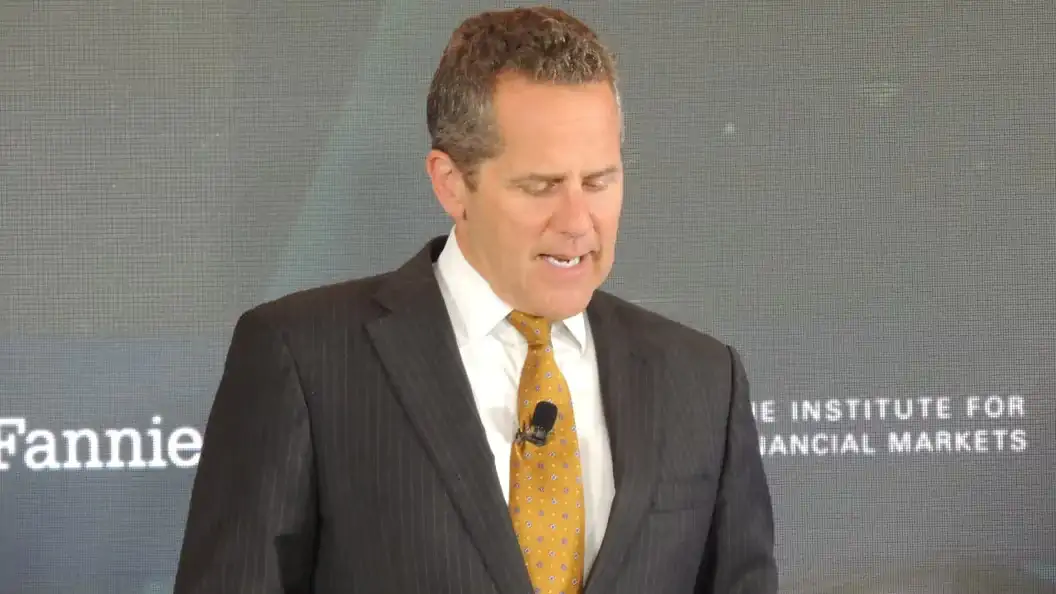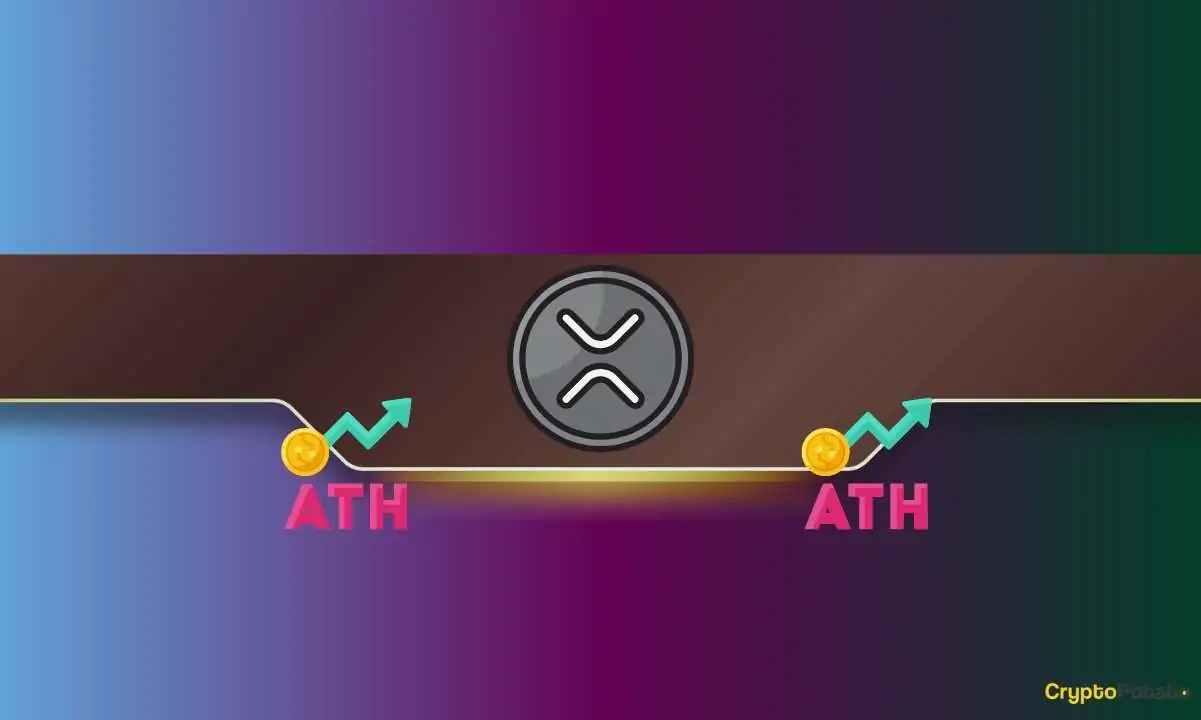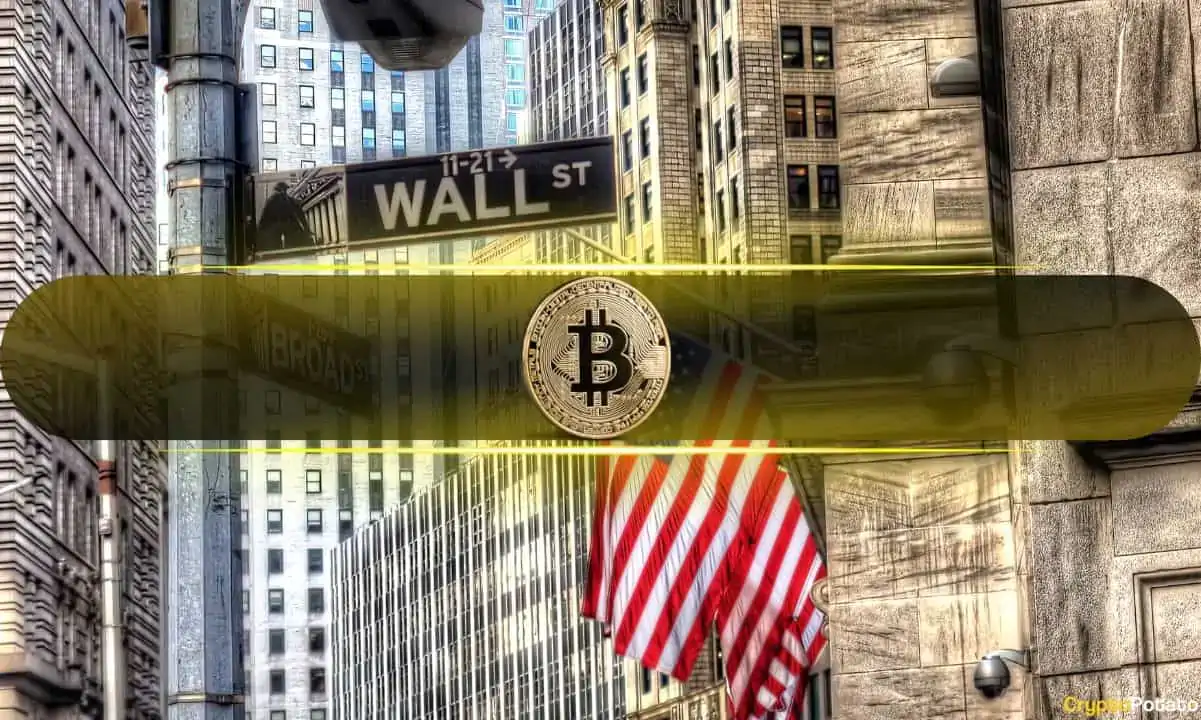The Federal Reserve is putting together a “specialized team of experts” to help it supervise the crypto sector, Michael Barr, the central bank’s vice chairman for supervision, said Thursday.
The Fed’s top regulatory official said the digital-assets specialists are needed to “help us learn from new developments and make sure we're up to date on innovation in this sector.”
Barr, the Fed official with the most potential influence over how the central bank regulates and supervises crypto, echoed the comments of Fed Chairman Jerome Powell this week that the banking regulator is hoping to preserve crypto innovations as it moves forward to put up guardrails.
“Despite recent events, we have not lost sight of the potential transformative effect that these technologies could have on our financial system,” Barr said in an event for the Peterson Institute for International Economics in Washington. But he also had criticism for the industry.
“While crypto assets are hyped as decentralized, there has been an emergence of new, quite centralized intermediaries that are either not subject to or not compliant with appropriate regulation and supervision, which has perpetuated harm to consumers,” said Barr, who once worked as an adviser for Ripple, the issuer of the XRP token. “Our overall stance is that, at this stage of the development, banks should take a careful and cautious approach to engaging in crypto asset-related activities and the crypto sector.”
'Novel risk'
In recent months, the Fed has been releasing guidance and policy statements about digital assets in the U.S. alongside its fellow regulatory agencies, including the Federal Deposit Insurance Corp. And office of the comptroller of the currency. Those kinds of statements will continue, Barr said.
When asked whether the Fed should have been picking up crypto concentration problems at certain banks well before the banks got around to issuing open warnings, Barr said – without naming this week’s example of Silvergate Bank’s collapse – that his agency tends to give small banks more leeway than larger ones.
The Fed has observed smaller banks getting deeply involved with cryptocurrency activity, “the extent to which they are exposed to correlated risks is not well understood,” he said, and the crypto winter has been a lesson in crypto sector risks being highly correlated.
“We tend to have a very light-touch approach to smaller institutions, so there’s more of an impetus on them to actually be paying attention to these new and novel risks, and we need to make sure that they understand that,” he said.
He also directly addressed stablecoins, which had been a particular area of worry for the Fed since Facebook's failed Diem project. A large-scale adoption of such tokens – which he described as “unregulated private money subject to classic forms of run risk” – could threaten the wider financial system.
Were stablecoins to catch on widely before regulations are in place, it “could create tremendous disruptions, not just for financial institutions, but for people who might rely on the coin if it were to get wide adoption,” Barr argued. “There’s a critical role for Congress to play right now in establishing a framework for stablecoins.”
 $20,843.90
$20,843.90 $1,487.09
$1,487.09 BNB$279.61
BNB$279.61 XRP$0.37722276
XRP$0.37722276 $10.83
$10.83DISCLOSURE
Please note that our privacy policyterms of usecookiesdo not sell my personal information has been updated.
The leader in news and information on cryptocurrency, digital assets and the future of money, CoinDesk is a media outlet that strives for the highest journalistic standards and abides by a strict set of editorial policies. CoinDesk is an independent operating subsidiary of Digital Currency Group, which invests in cryptocurrencies and blockchain startups. As part of their compensation, certain CoinDesk employees, including editorial employees, may receive exposure to DCG equity in the form of stock appreciation rights, which vest over a multi-year period. CoinDesk journalists are not allowed to purchase stock outright in DCG.



 BlocksInform
BlocksInform










